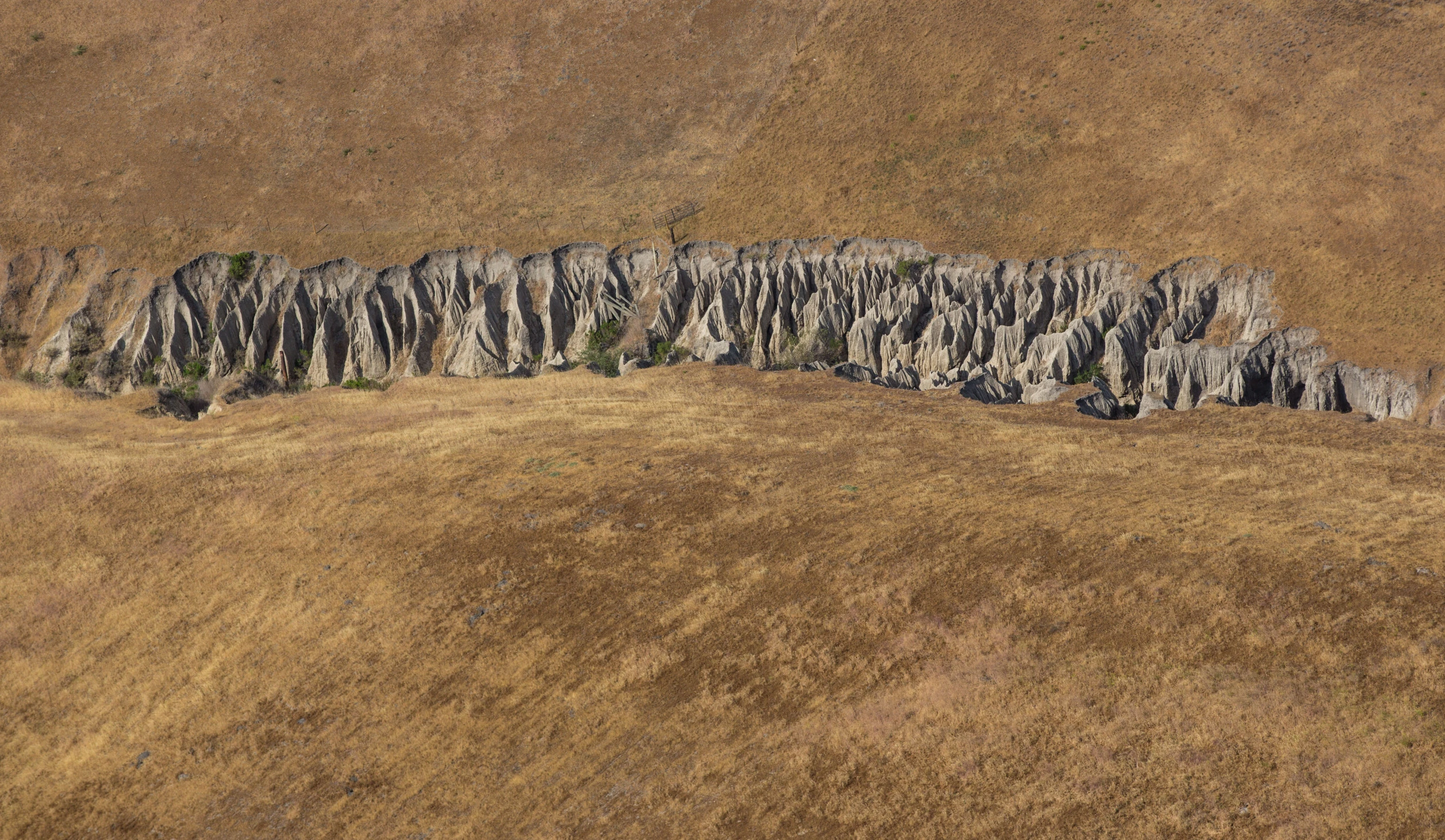Summary
Grocery prices are expected to rise globally as soil degradation, driven by overfarming, deforestation, and climate change, reduces farmland productivity.
The UN estimates 33% of the world’s soils are degraded, with 90% at risk by 2050. Poor soil forces farmers to use costly fertilizers or abandon fields, raising prices for staples like bread, vegetables, and meat.
Experts advocate for sustainable practices like regenerative agriculture, cover cropping, and reduced tillage to restore soil health.
Innovations and government subsidies could mitigate impacts, but immediate action is critical to ensure food security.



There are ways to create sustainable farms. It’s about diversity of crops and cycling what crops are grown each year.
https://www.edibleforestgardens.com/
There is no environmentally friendly factory farming. There is no healthy market-conscious farming. There are absolutely ways to be kind to the earth and grow food for a small community.
We need food for billions not a small community.
Food forest = lower environmental impact per acre but a higher environmental cost per kg of production. It’s also highly environmentally irresponsible to add in invasive species, disease, and pests into and established ecosystem. These are all spread by seed, soil, and plant tissue of the crops we grow.
But…billions make up many small communities. That’s my point. Self-reliance, mutual aid. That’s the answer. Not globalized solutions.
But… we don’t have unlimited hectares of suitable land for people to fuck up. That’s the point… A food forest concept would require every last bit of ariable land on the planet and still not provide enough food for everyone.
The entire idea shows a complete lack of understanding what it takes to feed people at the scale of billions.
If we quit beef our problems would be over.
99% of us do non ag jobs and if we moved to everyone trying to farm a billion would starve and the worlds economy would implode.
Lack of resources would lead to both local and global violence as desperate people hurt each other.
Imagine a city of a million people abandoning all the work they do to all collectively invade rural areas to set up farms they have no idea how to run!
You’re taking the proposed solution to an extreme end of the spectrum in an effort to argue against it.
We don’t need all ~7 billion of us to become self sufficient farmers. We don’t even need 1 billion of us to become farmers.
What we need in the immediate short term is to encourage the adoption of better agricultural practices, such that the mega farms that currently support us can continue to support us, while minimizing their environmental* impact.
What we need in the medium term is to encourage people to create local food gardens in their communities, via education campaigns and subsidies. By no means does that mean every living being on the planet needs to take up a trowel and a hoe, but people should be encouraged to participate in the production of their own food.
What we need in the long term is to find solutions that turn those local food gardens into permanent, sustainable, long term solutions that can support entire communities. Vertical farming, indoor hydroponics, stuff like that. Which means publicly funded research and more subsidies.
There’s steps to it. It’s a process. It will take time, it won’t happen overnight. No one is suggesting that “a city of a million people abandon all the work they do and collectively invade rural areas to set up farms they have no idea how to run”. That’s a strawman you’ve made up in your head.
We don’t need a billion to become farmers either in fact as now only a fraction of a percent need to. We can be less wasteful without Having any additional people involved in ag. If anything its liable to be more automated not less.
I’m sorry, what exactly is your point? Stop eating vegetables, just eat meat? And why would every single person need to do this? The point of “community” is relying on others more locally. We need to downscale dramatically. The end goal being self reliance on community, but that’s not sudden exodus of every single person next Tuesday to move out of cities. Why would it be? It seems like you’re going way out of your way to make a point you don’t even believe.